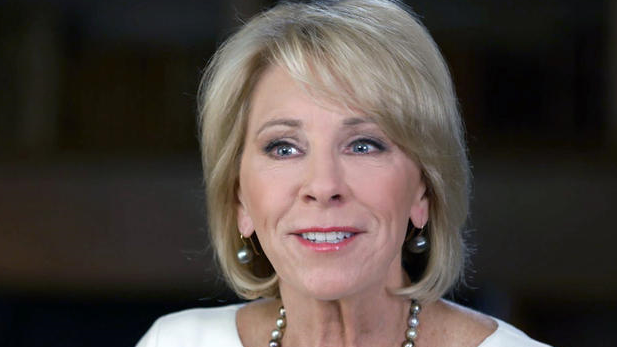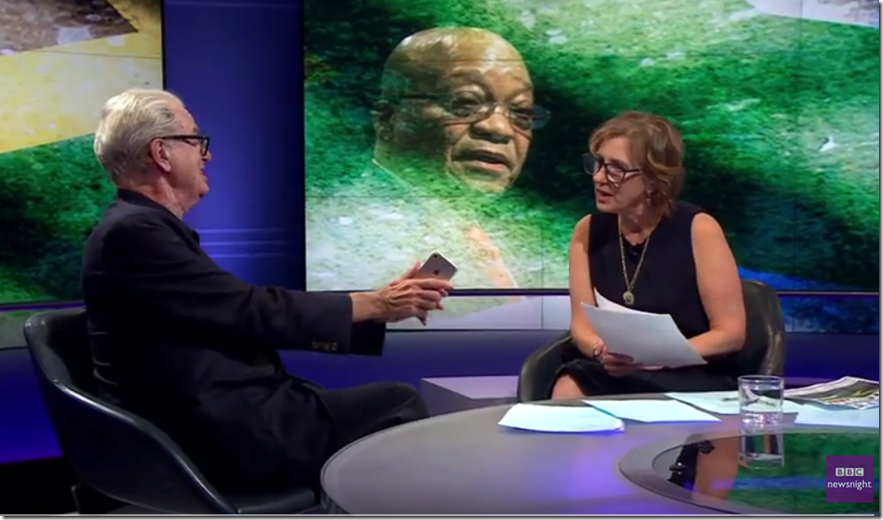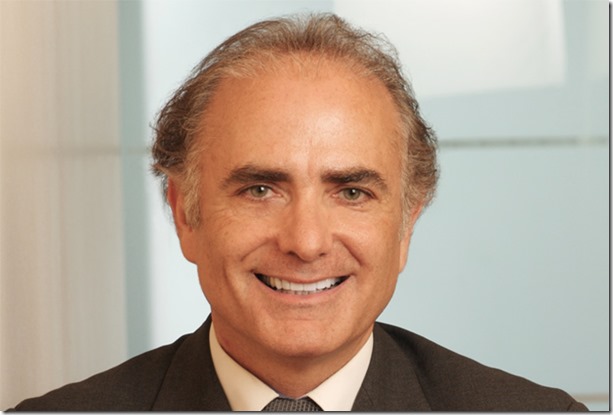Why Ending An Interview Early Is a Bad, Bad Idea
I rarely write about media disasters involving sports figures. I suppose that after years of watching steroid scandals, vicious on-court fights and player strikes, I’ve come to expect little from professional athletes.
But this interview from late last week caught my eye, mostly because of the lessons it offers all of us who aren’t professional athletes.
The trouble started in last week’s Monday Night Football game, when New York Jets cornerback Darrelle Revis intercepted a pass intended for a Miami Dolphins player and returned it 100-yards for a touchdown. Replays of the interception showed that Mr. Revis might have committed a penalty for making contact with the receiver, but he got away without a penalty being called.
Radio host Mike Francesa interviewed Mr. Revis late last week and relentlessly went after him for what he viewed as an uncalled penalty.
That’s where things got interesting. Fast forward to the 2:00 mark to hear part of the exchange – and stay tuned to the 5:00 mark to hear the surprising end to the interview.
After the testy exchange, a Jets P.R. staff person named Jared interrupted the interview by picking up the phone and saying, “Darrelle, hang up.” He did. And that’s when this mostly non-newsworthy interview suddenly became a story.
What lessons should you learn about ending an interview early?
1. It Always Makes The Story Bigger: Just ask Emily Miller, who, as a member of Secretary Colin Powell’s staff in 2004, infamously pulled the plug on an interview with Meet the Press Host Tim Russert.
2. It Gives Credence To The Charges Made Against You: If you weren’t guilty of whatever you were being accused of, why look so defensive and cut off the interview early? Mr. Revis could have laughed off the charges or said, “Mike, we’ve covered that ground and disagree. What else do you want to talk about?” Instead, his defensive reply suggested he knew he got away with a penalty.
3. The Host Usually Looks Better, The Guest and P.R. Representative Usually Look Worse: The host usually comes out looking like the victim of an overly-aggressive P.R. person, while the guest and P.R. person almost always diminish themselves by abruptly ending the interview. That’s even more true in this case, since Mr. Revis was doing a decent-enough job at handling himself on-the-air before being cut off by his media minder.
A grateful h/t to John Barnett, who tweets at @jocmbarnett.



Brad,
I thought you would like this story and thanks for the nod. I really couldn’t believe how this interview went when I ran across it. I agree that Revis was doing OK on his own before the “media relations aide” jumps in to tell him to hang up. It did sound like Revis was getting a bit ticked off toward the end and in Jared’s mind that may have been a cue to get him off, but hanging up was absolutely the wrong answer. I agree the best tactic would have been to say “we have differing opinions. It’s time to move on from this dead horse, dude.”
In fairness if that line of questioning by Francesa was “kidding around,” I’d hate to see what he’s call relentless. I also think his short rant afterward demonstrates what appears to be an unprofessional relationship between himself and the Jets – he says as much. The line of questioning, and more so the hang up, did nothing to help that relationship and generated a story the Jets don’t want.
John
I like the suggestion of trying to move on, but based on this short clip it seems clear that a) Revis wasn’t going to let Francesa’s opinion stand unchallenged because Francesa “never played the game” b) Francesa wasn’t going to drop it until Revis admitted he got away with one. In the face of a stubborn client who didn’t appear any more willing to drop the subject than the interviewer, and whose anger did appear to be rising maybe hanging up was the least bad option.
Hey Brad, a PR guy’s take I just read:
http://crenshawcomm.com/tuesday-tips-when-to-kill-a-live-interview/